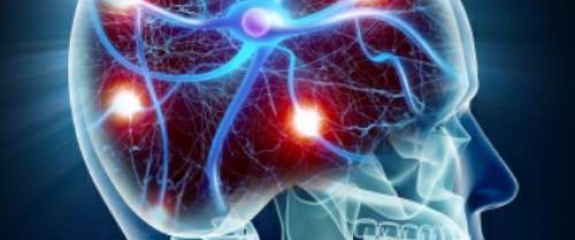Research on stress hormone effects on the brain reveals unexpected findings

A common problem that often results in poor health, reduced quality of life and mental disorders, stress is a major health concern. New research shows how we may need to reassess how we think stress hormones act on the brain. Disturbances in the action of stress hormones are believed to play a key role in causing mental disorders such as like major depression and post-traumatic stress disorder. Our ability to cope with stressful events requires changes in the expression of genes in the limbic brain region involved in learning and memory. These are brought about by stress-induced glucocorticoid hormones acting via receptors that bind directly to genes and alter their expression.
A study, published in the international journal Proceedings of the National Academy of Sciences reported how the action of mineralocorticoid receptors (MRs) at the neuronal genome cannot be predicted based solely on receptor occupancy by glucocorticoid hormone. Consequently, the concept on tonic and feedback action, which has been the explanation provided in text books for the past few decades, may need to be adjusted.
Researchers found (to their suprise) that the binding of MRs to genes was not constantly high but actually low under non-stress conditions and increased substantially after stress. GRs, however, followed the expectation that binding to target genes would be minimal under baseline conditions and increase dramatically after stress following the GR binding profile to glucocorticoids. It is believed that these novel findings are a significant step forward in our understanding of how glucocorticoid hormones act on the brain after stressful events. They allow for the first time identification of genes within the hippocampus of the brain that are directly affected by GR/MR binding after stress. Given that stress-related psychiatric diseases such as major depression, anxiety and PTSD are an ever-increasing burden in our society, these new insights are important to find novel treatments and therapies in the future.


